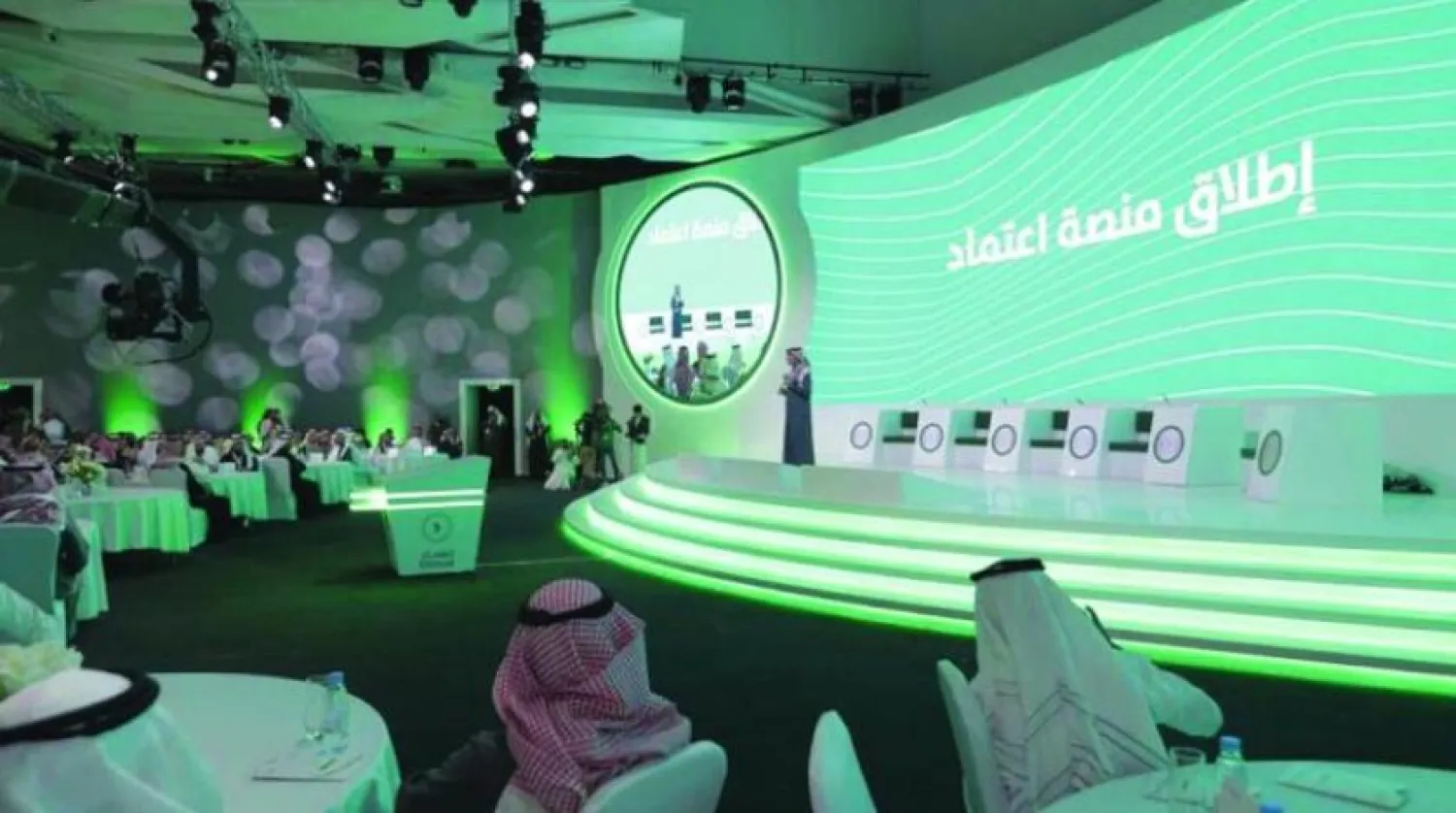The Saudi Finance Ministry terminated some services for financial claims through "Etimad," a government platform that supports a partnership between the public and private sectors to achieve development goals and facilitate service procedures.
Asharq Al-Awsat learned that the authorities intend to stop the service permanently at the end of next June and transfer it to the private sector.
The Ministry of Finance and the National Center for Government Resource Systems (NCGR) aim to enable the private sector to pay financial dues according to their deadlines.
According to the information, the National Center informed the private sector that the service is currently available to all contractors and suppliers on the Etimad platform to start taking the necessary authorizations under the designated guideline, using services and filing financial claims.
The Ministry and the Center recently launched a service for raising financial claims from the private sector for contracts registered on the platform and only submitting them to government agencies through the platform through the private sector.
Contractors and suppliers from the private sector can submit their financial claims directly to government agencies through Etimad and complete the procedures for the payments electronically, provided that this is activated gradually.
In 2021, the Ministry, in partnership with NCGR, launched the financial claims service to enable the private sector to implement its projects and financial transactions according to the highest standards of efficiency and transparency within the efforts aimed at achieving Vision 2030.
Assistant Minister of Finance for Financial Affairs Yaser al-Quhidan explained that the service's launch comes within the framework of the government's continued support of the private sector to promote economic growth to achieve the goals of Vision 2030.
The CEO of NCGR, Ahmed al-Suwaiyan, stated that the service supports the private sector and the government agency in raising financial claims for contracts and preventing duplication of requests from both parties. It allows the companies and institutions to review the status of the monetary claim and obtain certificates.
The platform also facilitates following up the procedures for issuing exchange orders and payments, allowing the disbursement process to be completed following the contract terms.
Suwaiyan pointed out that the service allows the private sector to submit financial claims directly to government agencies through an approval platform, complete the payment procedures electronically, and monitor performance through service-level agreements.
The Etimad platform achieved a qualitative leap in the services of contracts, payments, financial dues for employees, revenue collection, and other services provided to the beneficiary sectors, reflecting the volume of efforts made with the aim of digital transformation.









